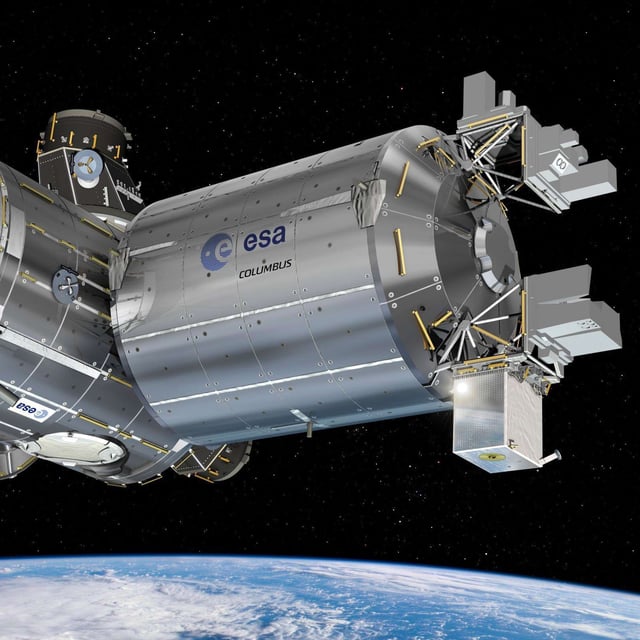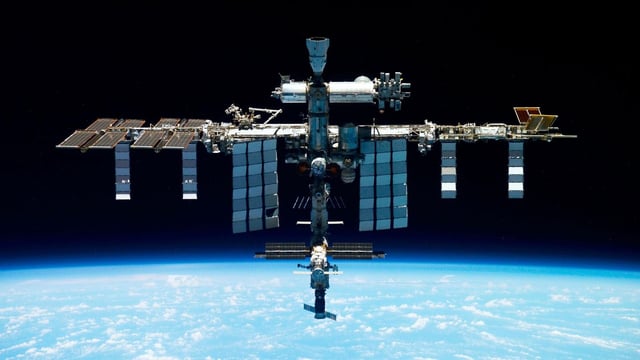Overview
- The European Space Agency's Aces instrument launched aboard a SpaceX Dragon capsule from Kennedy Space Center on April 21, 2025, and is set to dock with the ISS on April 22.
- Aces houses two advanced atomic clocks: Pharao, a cesium clock for precise time measurement, and the Space Hydrogen Maser (SHM) for signal stability.
- The mission aims to test Einstein’s theory of general relativity by measuring how gravity affects time, with data transmitted daily to Earth-based stations for analysis.
- By the end of the week, a robotic arm will mount Aces externally on the ISS, initiating a six-month calibration phase before scientific data collection begins.
- The project, decades in development, will also connect the world’s most accurate clocks for the first time, advancing global time synchronization standards.

